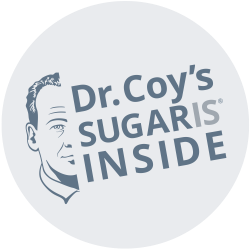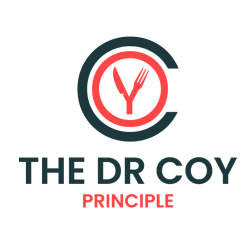How much of a role does our diet play in our brain health?
A new study reveals that nutrients commonly found in the Mediterranean diet are crucial for slowing down brain aging. The findings suggest that a diet rich in fatty acids, antioxidants, carotenoids, vitamin E, and choline could promote healthy cognitive function.
The Study
The research involved 100 older adults and utilized a range of neuroimaging techniques alongside cognitive assessments to measure brain health. Additionally, 13 blood-based biomarkers of diet and nutrition were analysed to identify the nutrients most strongly associated with healthy brain aging.
Key Findings: Two Characteristics of Brain Aging
The study revealed two distinct patterns of brain aging among participants:
- Accelerated Aging: This group exhibited faster-than-expected cognitive decline and brain aging.
- Slower Aging: This group showed slower cognitive decline and maintained better brain health.
Nutrient Profiles and Brain Health
One of the most intriguing findings from the study was the identification of a specific nutrient profile associated with the slower aging group. Participants in this group had higher concentrations of certain fatty acids, antioxidants, and vitamins in their blood. These nutrients were linked to better cognitive scores and signs of delayed brain aging.
“We investigated specific nutrient biomarkers, such as fatty acid profiles, known in nutritional science to potentially offer health benefits. This aligns with the extensive body of research in the field demonstrating the positive health effects of the Mediterranean Diet, which emphasizes foods rich in these beneficial nutrients,”
Barbey, Mildred Francis Thompson Professor of Psychology, said.
Beyond Lifestyle Factors
Interestingly, the study found that demographic factors, fitness levels, and body measurements did not account for the differences in brain aging between the two groups. This suggests that the observed benefits were likely due to the nutrient profile itself rather than other lifestyle or genetic factors.
Consciously Creating a Diet to Maintain Brain Health
The findings from this study provide a strong foundation for designing nutrition plans aimed at promoting healthy brain aging. By focusing on the specific nutrients identified, it may be possible to support cognitive health and potentially reduce the risk of neurodegenerative diseases.
This study aligns with Dr Coy’s research and philosophy on nutrition for all aspects of wellbeing. The chocolate bar developed by Dr Coy includes vitamin E and antioxidants alongside natural, healthy sugars to keep blood sugar levels stable and promote overall health.
One of Dr Coy’s sugars, galactose, is known as a “brain sugar” because it supplies energy to the hippocampus, the part of the brain responsible for memory.
As we age, insulin resistance can impair the glucose supply to the hippocampus. By fuelling the brain with galactose, you can encourage new neurons to form in the hippocampus at a rate of 3-4% per year, thus slowing memory loss and improving cognitive function.
By keeping blood sugar levels stable with Dr Coy’s sugars and including specific supplements such as antioxidants, fatty acids, vitamin E, and choline you can age gracefully and maintain optimal health.
To learn more about galactose, explore the latest research here.
Resources
Zwilling, C.E., Wu, J. & Barbey, A.K. Investigating nutrient biomarkers of healthy brain aging: a multimodal brain imaging study. npj Aging 10, 27 (2024). https://doi.org/10.1038/s41514-024-00150-8


